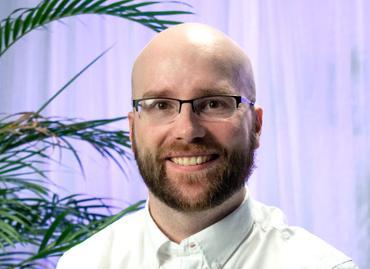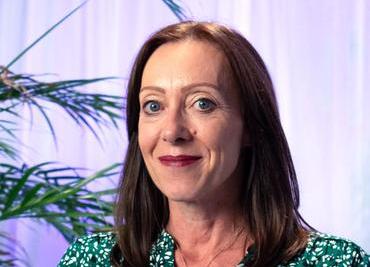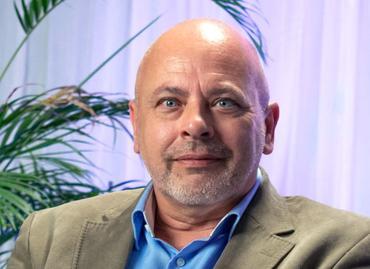chapter 2
Paul Day is one of caba’s senior support officers, and has been a specialist debt advisor at the charity for over ten years.
First and foremost, it’s important to define what we mean by cost of living – we’re talking about the amount of money required to cover expenses such as food, energy and fuel. These costs are all going up, and there are several reasons why: The conflict in Ukraine, the fallout from the pandemic, Brexit... These are all extraordinary events, and they have all contributed in their own unique ways.
As we navigate this crisis, it’s important to remember that being a qualified accountant doesn’t make you immune to the challenges posed. These are global issues, and they’re impacting everyone, including our community. A quarter (24%) of the accountants who told us they aren’t already struggling financially said that they expect to, going into winter. Others are already finding themselves falling into debt.
ICAEW members have already made changes to cut their spending ...
It can be difficult, though, for accountants to admit that they need help with their finances. Many ICAEW members find that a huge amount of their identity is wrapped up in their profession. As a result, not being able to maintain a good financial status can have a significant impact on their self-worth. There is work being done to tackle this stigma, and some progress is being made. But more of these conversations need to happen. Whether they decide to speak with their employers, their families or to us at caba, it’s vital that those who are struggling get the support they need.
for those facing debt, where should they start?
Lots of people try to avoid the issue because, ultimately, debt is frightening. But the best way to get a handle on it is to split your debt by priority.
Start by listing your debts and the different sanctions you might face as a result of who you owe. For example, if you fail to pay your energy bill you may have your energy cut off. If you don’t pay your mortgage, you can lose your home. Tackle those debts with the most significant sanctions first. It’s easy to get distracted to deal with lenders for overdrafts and credit cards, as they can often shout the loudest, and most frequently. But the impact of delaying payment of credit card debt is less severe than for example your council tax. The most sensible approach is to prioritise based on the potential consequences.
should employees share financial struggles with their line managers?
A large part of starting to deal with financial worries is addressing the situation, and in my experience speaking to people about the issues you are facing can ease the burden. The feeling of trying to balance everything becomes less. This includes family, close friends but also a line manager or employer if your financial issues are affecting your mental health or your ability to concentrate and deliver in the workplace.
We are seeing more employers trying to start financial discussions at work. But having a dialogue is only beneficial if you’re comfortable opening up, and in this profession, the stigma can prevent us from feeling happy discussing our finances.
Professional reputation is precious, but nobody is immune. The greatest accountant in the world will still be affected by extraordinary global events. Chances are, even your line manager is feeling the pressure. We need to separate accountants’ minds from their professional lives. If debt is having a material impact, then the more conversations you can have about it, the better.
Only 8% of working chartered accountants would turn to their employer if they were concerned about their financial circumstance.
how do we make people feel comfortable opening up?
When trying to encourage more people to talk about their financial situation, the first task is to normalise these conversations and remove any associated shame. Being in debt is awful enough – there’s no need for additional pressure.
At caba, we’re receiving calls for help, which is encouraging. However, we are seeing far more young people asking us for help than older people. Nobody is immune to this crisis, which means there must be groups of people out there who will be struggling too but aren’t reaching out.
- 54% of working and student accountants say the pandemic has impacted their day-to-day spending
- Students are the most badly affected: 94% say the crisis has impacted their day-to-day spending, compared with 59% of full-time employees, 43% of part-time employees and 45% of self-employed accountants
- 41% of students also said that their household income does not meet their essential expenditure
Whether everyday or exceptional, we all face challenges throughout our lives, and when they affect our finances, it can feel particularly overwhelming. Whatever your worries, big or small, you’re not alone. Equipping yourself with a range of tools and advice can go a long way towards supporting your everyday financial health. At caba, we have the services in place to provide support.











